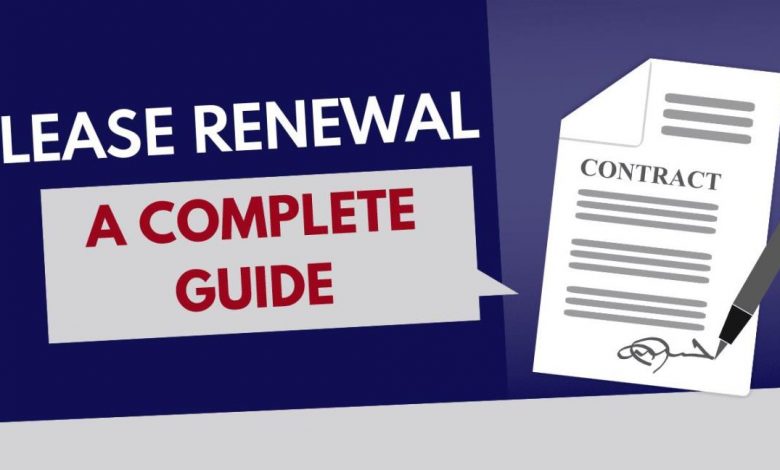Understanding the Lease Renewal Process

Understanding the Lease Renewal Process: A Guide for Tenants
Why Lease Renewal is Important
What is a lease renewal?
A lease renewal is a process in which a tenant extends their existing lease agreement with the landlord. It allows tenants to continue living or working in the property for an additional period of time.
Why should you consider lease renewal?
Lease renewal offers numerous benefits to tenants, including:
1. Convenience: Renewing the lease saves tenants from the hassle of finding a new place to live or work.
2. Stability: By renewing the lease, tenants can avoid sudden rent increases or changes in the terms of their agreement.
3. Cost-saving: In some cases, lease renewal can help tenants negotiate a lower rent or maintenance fees.
The Lease Renewal Process Step-by-Step
Step 1: Review your current lease
Carefully read your existing lease agreement to understand the terms and conditions, including the renewal clause, notice period, and any provisions related to rental increases.
Step 2: Discuss renewal terms with your landlord
Initiate a conversation with your landlord about your intention to renew the lease. Discuss any changes you might want, such as rent reduction or repairs.
Step 3: Negotiate the terms
Once you’ve expressed your interest in renewing the lease, it’s time to negotiate any changes or concessions with your landlord. This could include negotiating rent, security deposit, lease length, or other terms.
Step 4: Sign the lease renewal agreement
After reaching an agreement with your landlord on the terms, ensure that everything is put in writing. Sign the lease renewal agreement to make it legally binding for both parties.
Frequently Asked Questions (FAQs)
1. Can my landlord deny lease renewal?
In most cases, landlords are obligated to provide lease renewal options unless there is a valid reason, such as non-payment of rent, violation of lease terms, or the landlord’s intent to sell the property.
2. Can my landlord increase the rent during the lease renewal process?
Yes, the landlord may propose a rent increase during the lease renewal process. However, tenants have the right to negotiate and agree upon a fair rental amount.
3. How far in advance should I initiate the lease renewal process?
It is recommended to begin the lease renewal process at least 60 days before your current lease expires. This allows sufficient time for negotiation, documentation, and potential disagreements.
4. Can I make changes to the lease agreement during the renewal process?
Yes, lease renewals offer an opportunity to make changes to the terms and conditions. It is important to discuss any desired changes with your landlord during the negotiation phase.
5. What happens if I don’t renew my lease?
If you decide not to renew your lease, you will need to move out of the property once the lease term ends. Be sure to provide proper notice to your landlord as outlined in your existing lease agreement.
By understanding the lease renewal process, tenants can make informed decisions and secure a lease agreement that suits their needs best. Remember to communicate openly with your landlord and ensure all changes are documented in the lease renewal agreement.



